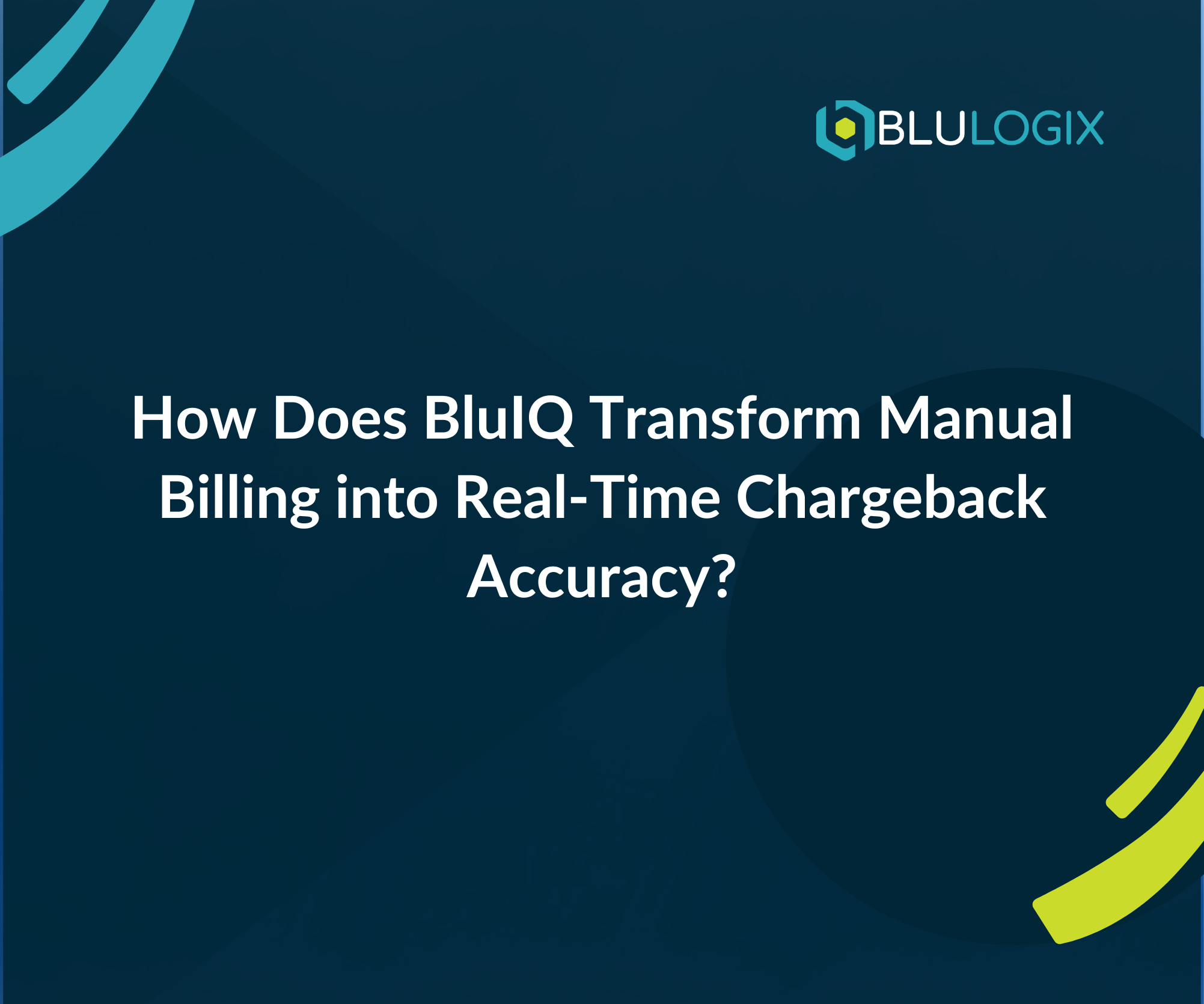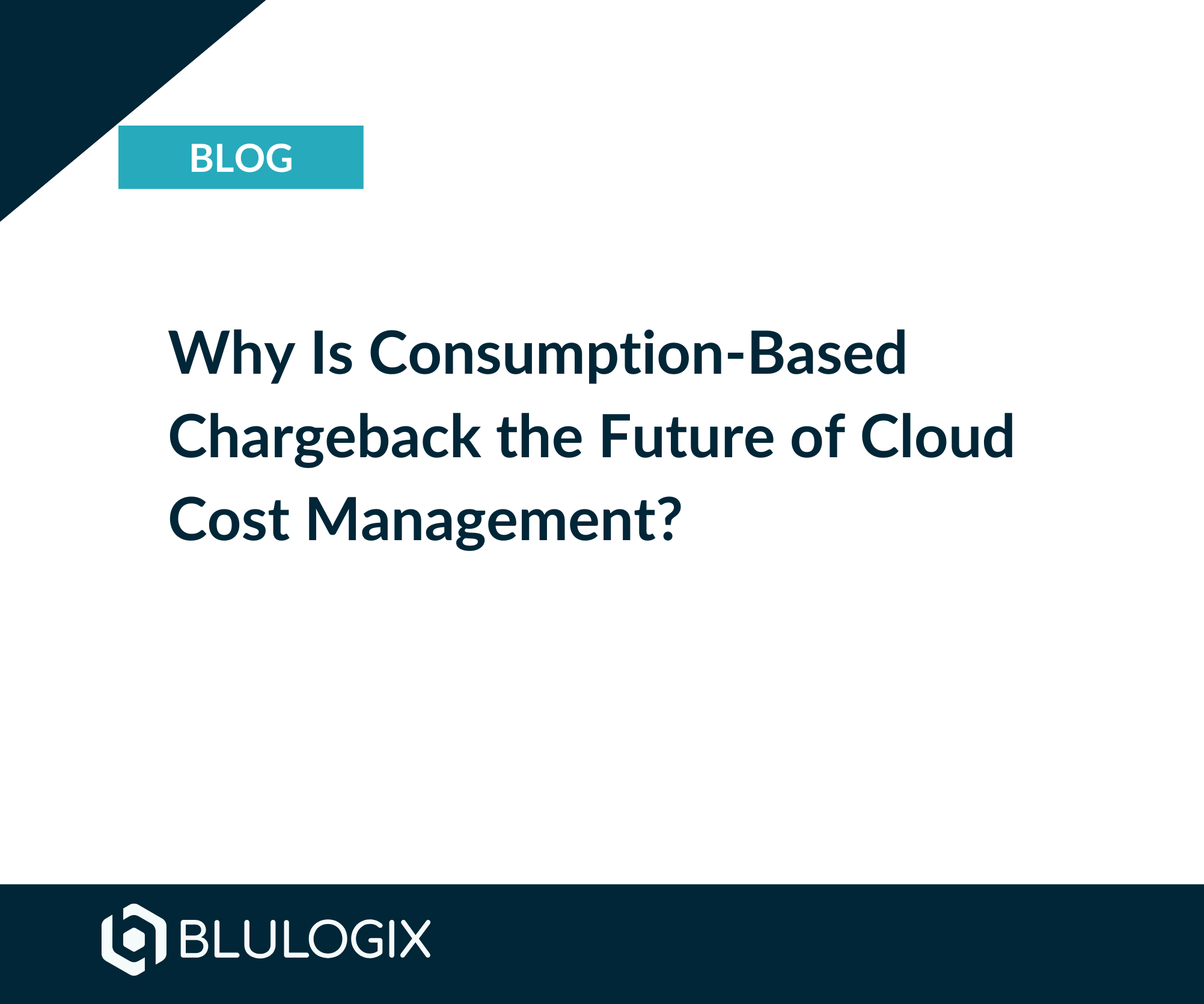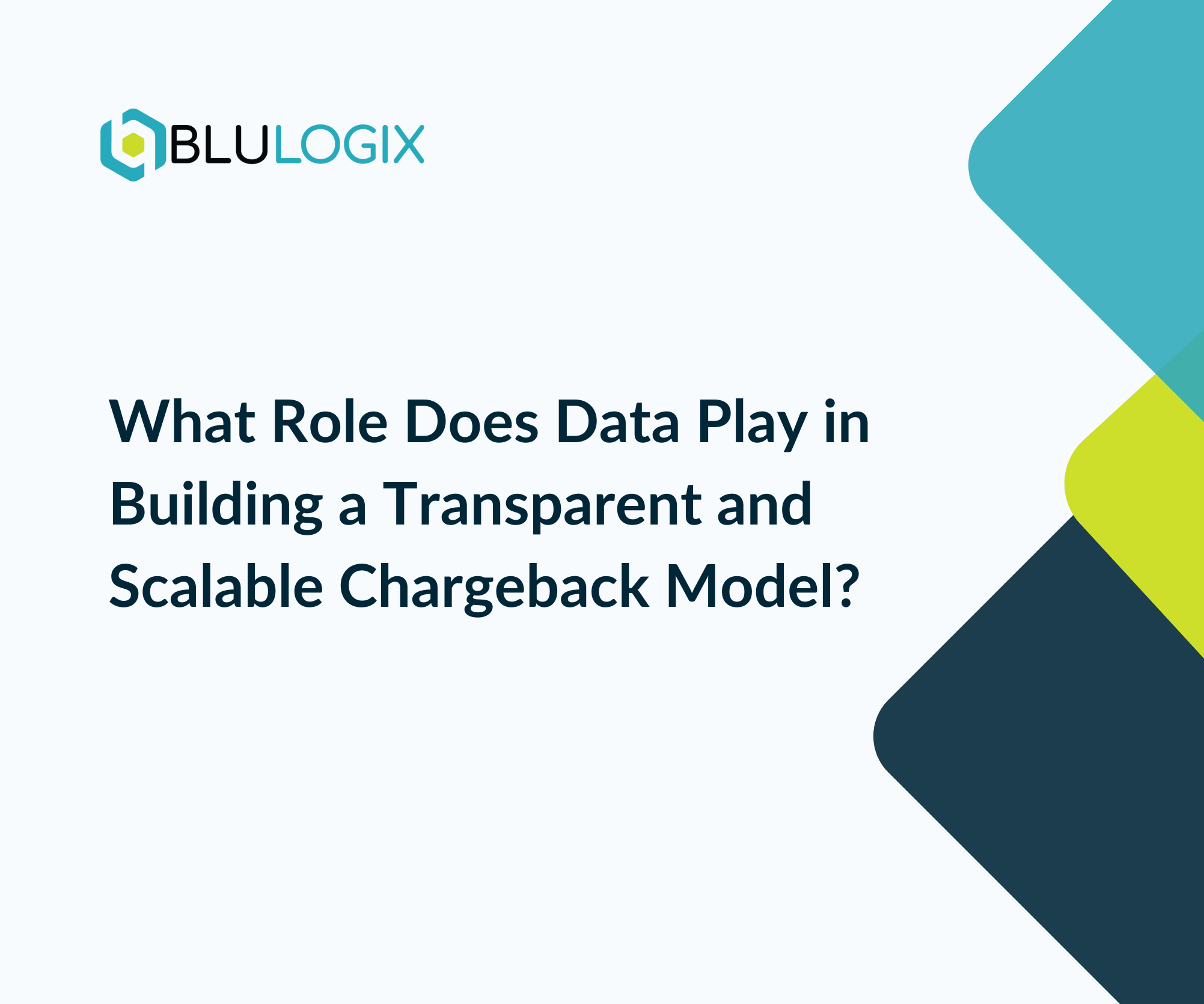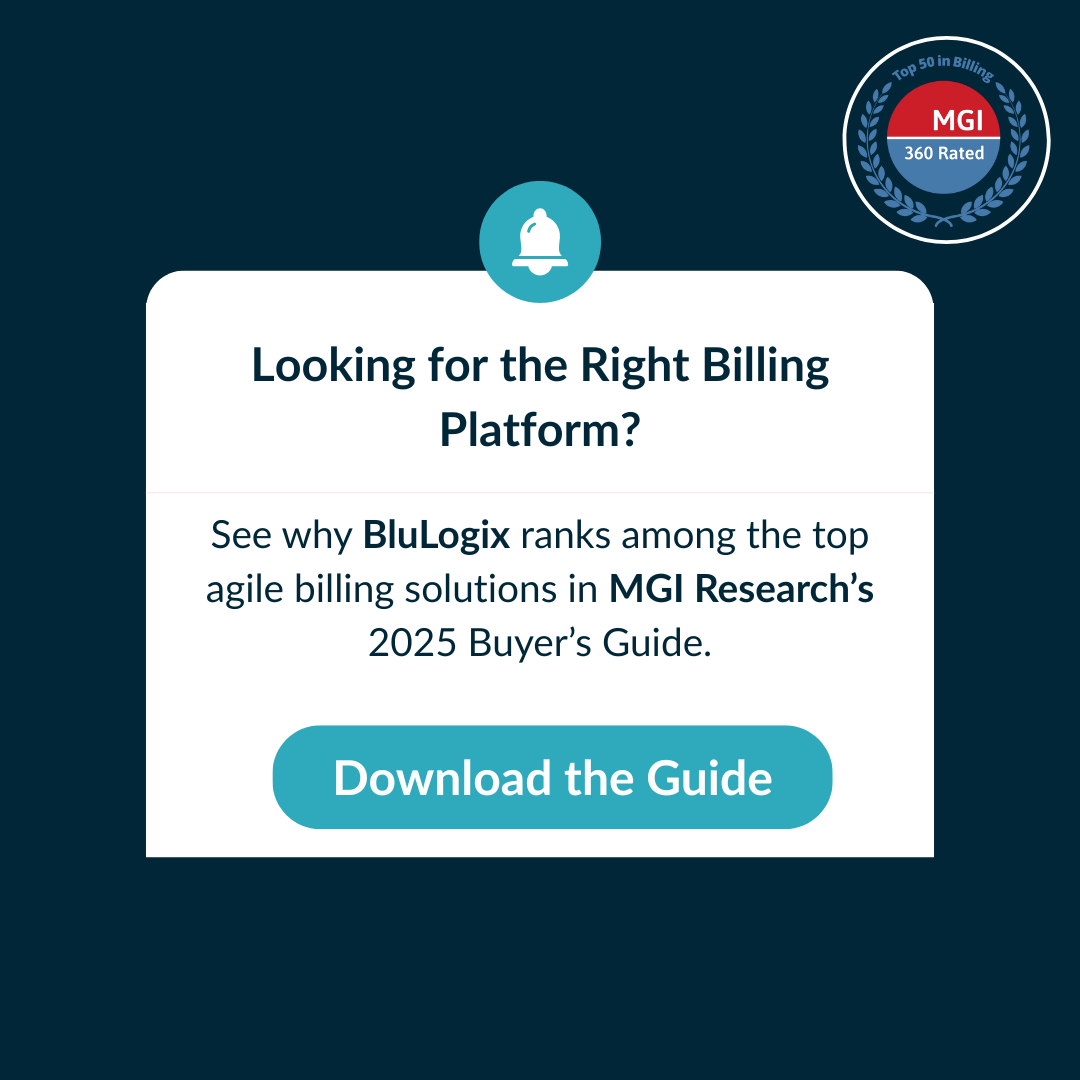Maximizing Efficiency in the Digital Era: The Critical Role of End-to-End Integration and Automation for UCaaS, SaaS, and IoT Companies
Introduction:
In the competitive landscape of digital services, the operational backbone of Unified Communications-as-a-Service (UCaaS), Software-as-a-Service (SaaS), Internet of Things (IoT) and Managed Services Provider companies plays a crucial role in determining their success. As these sectors continue to evolve, the importance of end-to-end integration, automated order activation and provisioning, and efficient data mediation and rating becomes increasingly apparent. This blog post delves into why these elements are indispensable for digital service providers aiming to thrive in today’s market.
Creating a Monetization Framework For Your Business
The Need for End-to-End Integration:
End-to-end integration refers to the seamless connection of various systems and processes across a company’s operational framework, from customer relationship management (CRM) and order management systems to billing and support services. For UCaaS, SaaS, and IoT companies, such integration ensures that data flows smoothly across all departments, enabling real-time visibility and control over every aspect of the business.
Why It’s Important:
- Streamlined Operations: Eliminates data silos, reducing manual intervention and the potential for errors.
- Enhanced Customer Experience: Provides a unified view of customer interactions, facilitating personalized and efficient service delivery.
- Agility and Scalability: Enables businesses to quickly adapt to market changes and scale operations without disrupting existing workflows.
Automating Order Activation and Provisioning:
Automated order activation and provisioning are about leveraging technology to automatically fulfill and activate customer orders, configuring services or products as per the customer’s specifications without manual input. This automation is vital for minimizing the time between order placement and service activation, a key performance indicator in the fast-paced digital services market.
Why It’s Important:
- Speed and Efficiency: Significantly reduces the time to market for services, enhancing customer satisfaction and retention.
- Cost Reduction: Lowers operational costs by minimizing the need for manual provisioning and activation processes.
- Accuracy: Reduces the risk of human error, ensuring that services are provisioned correctly according to customer orders.
Data Mediation and Rating:
Data mediation involves collecting, normalizing, and managing usage data from various sources, while rating applies pricing models to this usage data to generate billing records. These processes are essential for accurately billing customers based on their service consumption.
Why It’s Important:
- Billing Accuracy: Ensures customers are billed correctly for their actual usage, maintaining trust and transparency.
- Flexible Pricing Models: Supports the implementation of diverse pricing strategies, from flat-rate subscriptions to usage-based billing, catering to a wide range of customer preferences.
- Revenue Management: Enables more sophisticated revenue management strategies, helping companies to optimize their pricing and offers based on detailed usage analytics.
The Significance for UCaaS, SaaS, MSP and IoT Companies:
For UCaaS, SaaS, MSP and IoT companies, where services are often delivered on a subscription basis and usage can vary widely among customers, the integration of these operational components is not just beneficial but essential. It allows these companies to:
- Rapidly deploy and scale new services, responding to market demands or technological advancements.
- Improve customer retention by ensuring a frictionless, transparent customer experience from sign-up through billing.
- Optimize revenue streams by accurately capturing and billing for service usage, while also providing the flexibility to experiment with new pricing models.
Conclusion:
As the digital services sector continues to grow, UCaaS, SaaS, and IoT companies face the challenge of managing complex, high-volume operations while maintaining a high level of service quality. Implementing end-to-end integration, automated order activation and provisioning, and efficient data mediation and rating processes are critical strategies for overcoming these challenges. By focusing on these key areas, digital service providers can enhance operational efficiency, improve customer satisfaction, and ultimately drive growth in the digital era.
Creating a Monetization Framework For Your Business
Learn more

How Does BluIQ Transform Manual Billing into Real-Time Chargeback Accuracy?

Why Is Consumption-Based Chargeback the Future of Cloud Cost Management?



